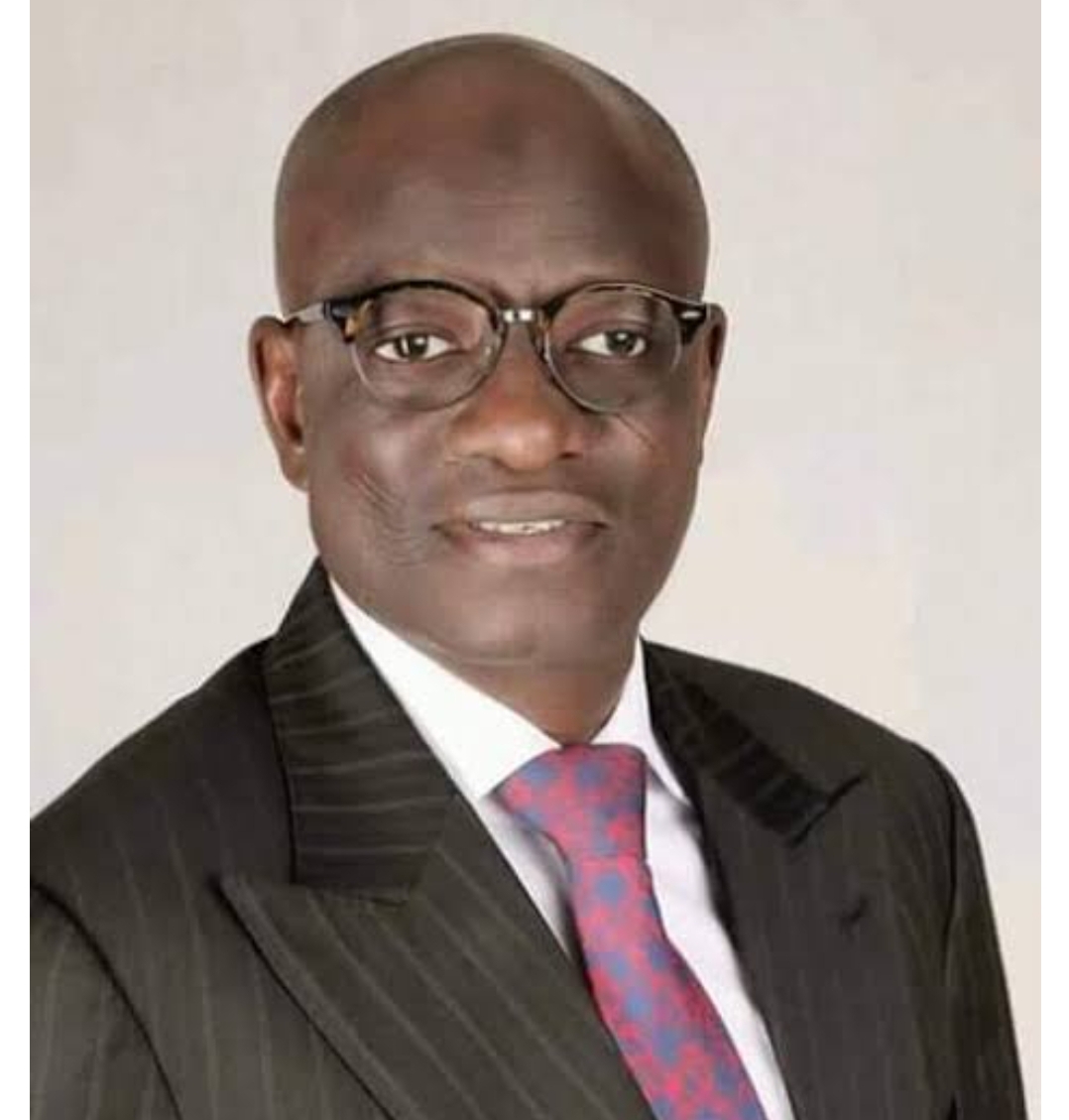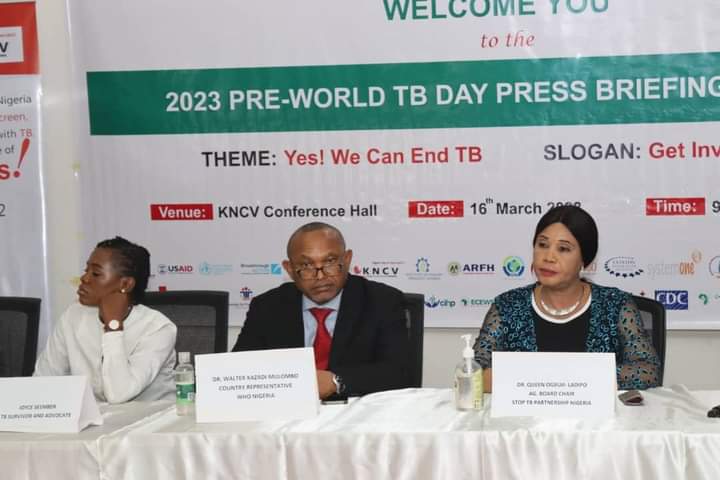By Muazu Abare
Since Nigeria’s return to democracy in 1999, the political elite have continued to dominate the political scene of Nasarawa state, lording it over the citizens on who gets what, when and how, according to their whims and caprices. They did not only stop at holding the ace and dictating the tune of Nasarawa politics but kept planting their surrogates in strategic positions of power, arrogating to themselves the status of demi gods who always determined the political future and destiny of the state.
This was the unfortunate situation Nasarawa state found itself, particularly from 1999 to the build up to 2011 elections when the people of Nasarawa state decided to take their destiny in their hands. The people staged the first political revolution in the history of Nasarawa politics against the elite, which swept away the then incumbent Governor Akwe Doma of blessed memory and ushered in a revolutionary CPC led administration of Umaru Tanko Al-Makura through the popular will of the masses.
History repeated itself in the just concluded presidential and National Assembly elections, starting from Nasarawa west senatorial district championed by Honourable Ahmed Aliyu Wadada to other senatorial districts in the state where some self-acclaimed political god-fathers and their god-sons who were imposed on the people as APC candidates during the primaries were put to shame and lost election in favour of more popular candidates who were forced to quit the party to the opposition SDP.
In Nasarawa west, Wadada (Sarkin Yakin Keffi) and the leader of the new revolutionary movement on the platform of the Social Democratic Party (SDP) defeated the imposed APC candidate Arch. Shehu Ahmed Tukur with 96,588 votes against 47,717 votes just as incumbent member, representing Keffi, Karu, Kokona federal constituency Hon. Jonathan Gaza Befwi of SDP, who was denied return ticket, defeated imposed APC candidate Auta Koro, who came last in the election.
In Nasarawa north, incumbent Senator Godiya Akwashiki of the SDP, who lost the APC primaries, defeated his mentor and former godfather, the immediate past executive secretary National Judicial Council, Barrister.Danladi Envuluanza of the APC. In Nasarawa south, incumbent Hon. Abubakar Sarki Dahiru of SDP who also lost APC primaries, defeated Hon. Mohammed Danbala of APC.
The political summersault of those playing god in Nasarawa politics did not come to many, including political analysts, as a surprise, considering the charade that were APC primaries. Authentic delegate lists approved by INEC were either doctored and replaced with surrogates or losers of the primaries but believed to be in the good books of the powers that be and as the party candidates.
This was exacerbated by the complex and highly unpredictable nature of Nasarawa politics. Nasarawa state has always been the hotbed of Nigerian politics; characterised by uncertainties, bumps and obstacles that continue to consume many astute and tested politicians despite their popularity and network.
Suffice that to venture into Nasarawa politics that parades many political juggernauts who have made their marks not only in their various fields of endeavours but also in Nigeria’s socio-economic and political arena is synonymous with one signing his death warrant where only the lion-hearted can dare and remain afloat.
It was amidst this political reality and the need to give the politics of the state a breathe of fresh air by returning power to the people in line with democratic ethos that Hon. Ahmed Aliyu Wadada, a revolutionary, progressive and proud son of Nasarawa state, who radiates confidence and epitomises a new dawn in the collective aspiration of the people to have a better life, decided to damn the consequences and ventured into Nasarawa politics in 2003.
Wadada, who has a defined mission, strong political skills, determination to make a difference in the lives of his people, progressive thoughts and ideas, abandoned his lucrative job in the private sector, specifically Vision Technology, to hit the politics of Nasarawa state like a thunderstorm and without the endorsement of any political godfather successful to defeat the then incumbent Hon. Salisu Raj at the PDP primaries and went ahead to win the election to the House of Representatives in 2003.
His election to the House of Representatives marked a watershed not only in his political career but also in the history of representative democracy in Nasarawa state. It launched him into political fame and has never looked back. He keeps soaring high as one of the most competent, intelligent and performing politicians and law maker Nasarawa has ever produced since 1999.
On his election to the House of Representatives in 2003, Wadada did not only demonstrate capacity, commitment, competency and credibility in the discharge of his legislative responsibilities but also succeeded to offer effective and result-oriented representation, anchored on patriotism, voter education, love for the people and passion for humanity.
He has brought respect, honour and dignity to the state and his people with his vibrancy, eloquence, oratory, brilliant contributions to national debates on the floor of the green chamber. He was also at the forefront of championing the cause of his people, making their voice heard and sponsored many bills and motions which added value to their socio-economic and political life.
Some of his bills include: Federal Capital Territory Development Agency bill 2000, Tabbaco Control Bill 2004, Chartered Institute of Capital Market Registration bill 2005, Investment and Securities Tribunal bill 2006, FCT Satellite Towns Development Commission bill, among many others. He was chairman House Committee on Capital Market for over seven years. His stint as chairman House Committee on Information and National Orientation saw the birth of Freedom of Information Act.
The Sarkin Yakin Keffi also succeeded to re-write the development history of his constituency and brought true dividends of democracy to his people with many life saving interventions and projects especially in the areas of welfare, education, health, water supply, roads, employment opportunities, skill acquisition, women and youths empowerment, among others.
The victory of Wadada and other SDP candidates across the three senatorial districts is akin to a second political revolution in Nasarawa politics. It has been described by many political analysts as a triumph of people’s choice and a sad end of godfatherism, which should serve as a lesson to the political elite in Nasarawa state on how not to take the people for granted.
Abari writes from Lafia, Nasarawa state via muazuabari@mail.com











